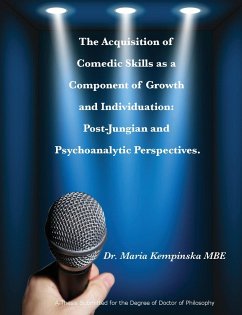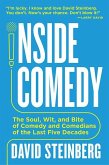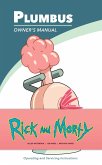This dissertation proposes that the comedic performance triggers and utilises Jung's symbolic and archetypal theories. Stand-up comedy reflects the social and psychological change in our society towards class, and gender equality and re-distribution of wealth and re-structuring of social systems. Jungian theories are particularly pertinent to this study because they capture the psychological implications of transformation in both the inter- and intra- psyche of the individual and of society . Freudian and post-Freudian theories prove to be more appropriate for examining the details of the agencies activated within inter- and intra-psychic dynamic affecting the delivery of the comedians' material during the performance. Jungian and post-Jungian theory examines the impact of social and mythological aspect of stand-up comedy on the comedian himself and society in general focussing on the Trickster archetype and Amfortas Wound. Stand-up comedy and in particular women as stand-up comedians become a litmus test for society's problems and issues and the rebalancing thereof. Archetypally the comedy club becomes a vas, a symbolic sacred transformational space where stand-up comedy has the potential to become a transformative process for both the comedian and the audience. The stand up comedian's internal struggle is recreated into a personal comedic story, of the individual within the collective; Thanatos and Eros, personal versus social, responsibility versus irresponsibility, power, race, gender and hierarchy can be assessed. The audience reflects upon these comedic stories and by doing so whether the comedian is successful or unsuccessful the comedian also reflects upon it hence transformation occurs. Not all comedians directly affect society, but those that do can make profound changes and on occasion can be prophetic foreseeing the changes that will occur in society or expose activities or people whose activities at that time are hidden. They intuitively perceive the problems of society and mirror issues with humour and often they are not successful comedians and may not be recognised in their lifetime as in the case of Bill Hicks. It is clear that stand-up comedy is a unique phenomenon of a time of global social transformation how it affects the individual is dependent upon the individual. It is a process without boundaries and can be the most powerful artistic medium for change.








